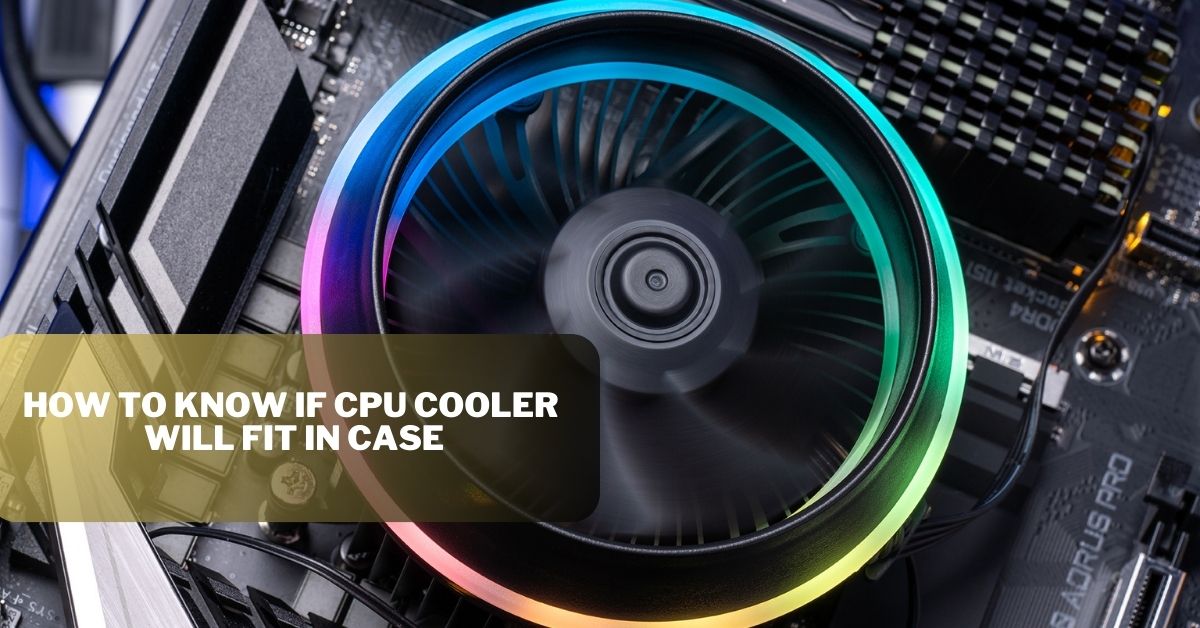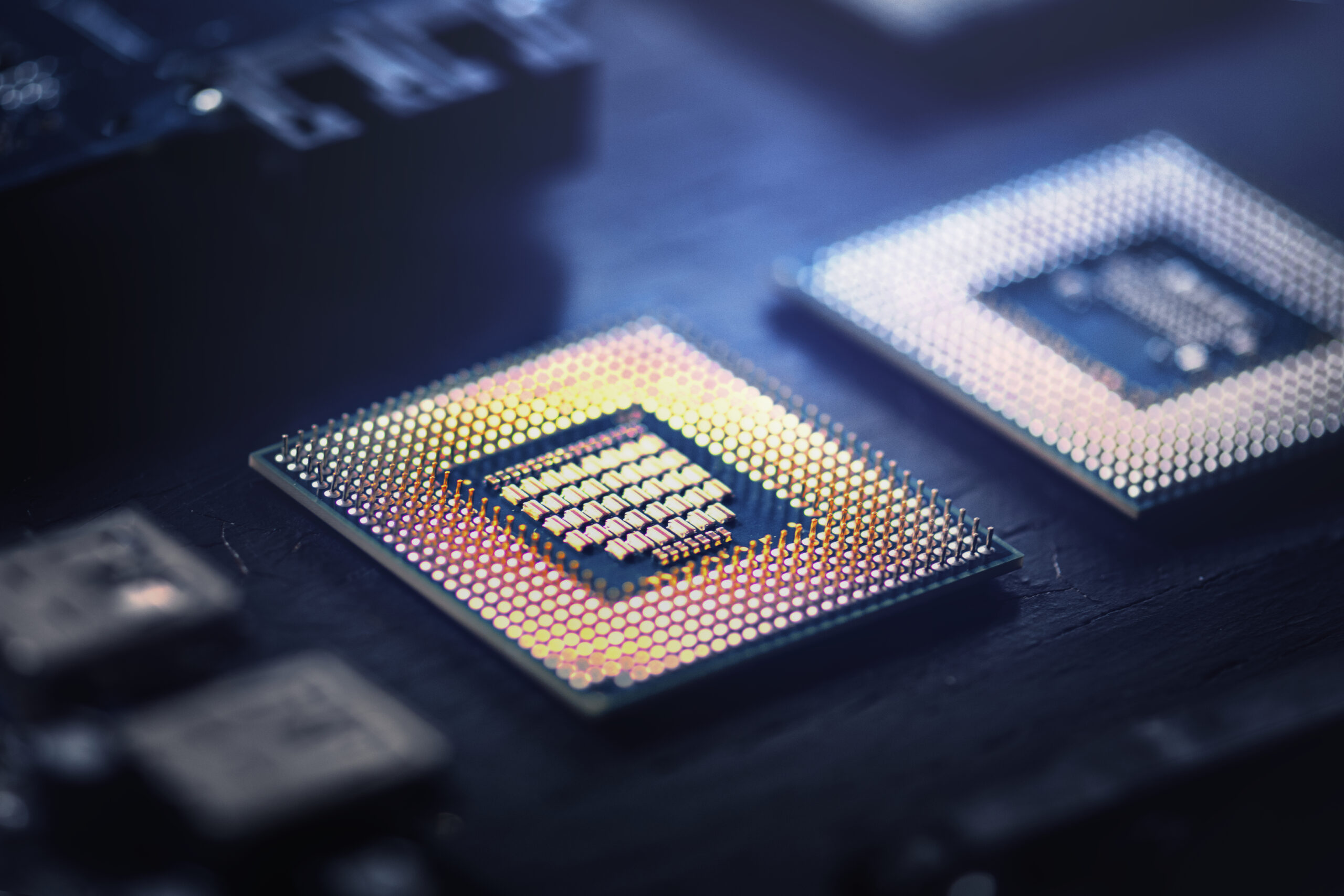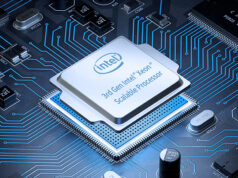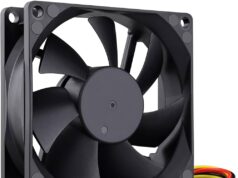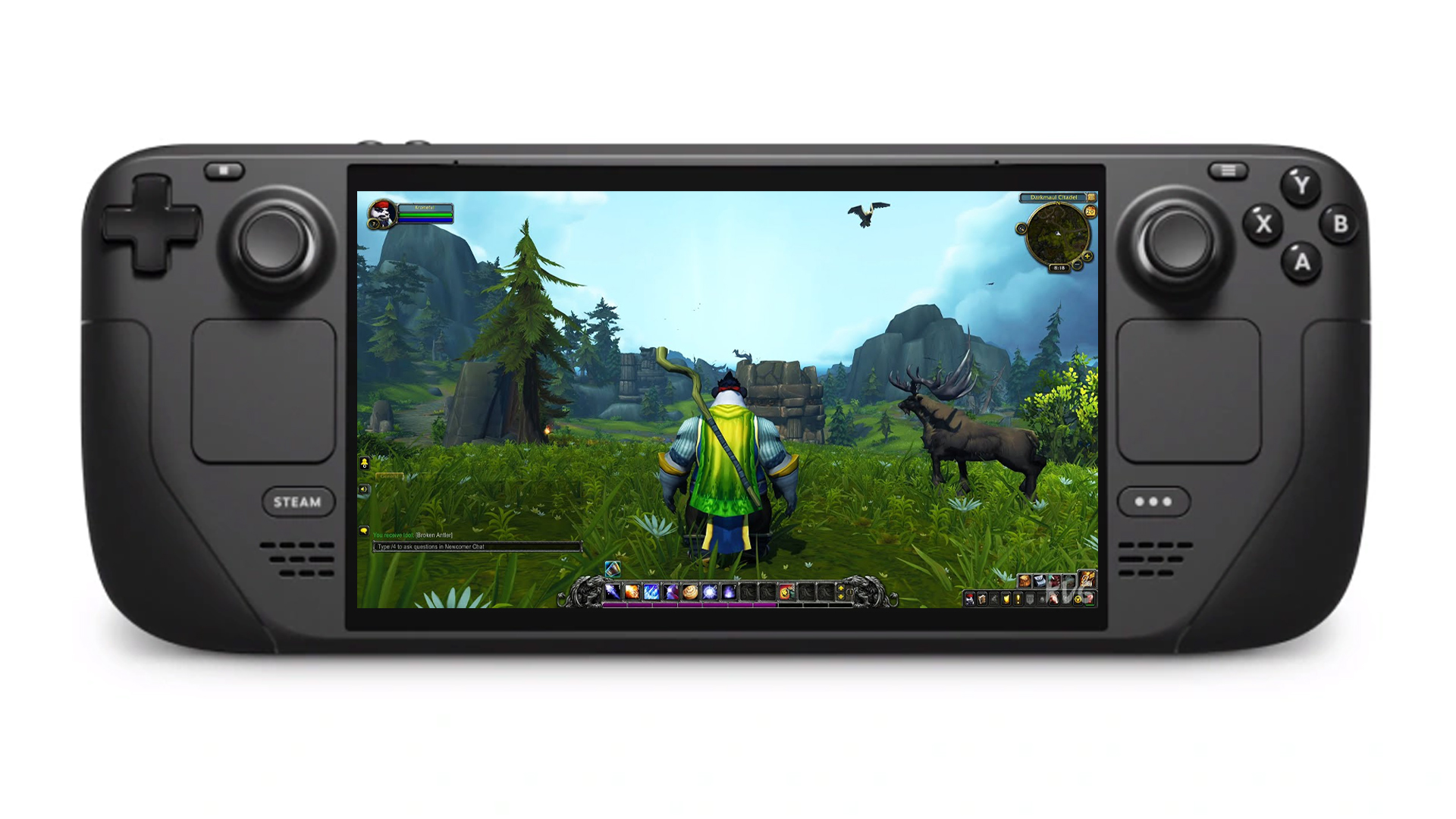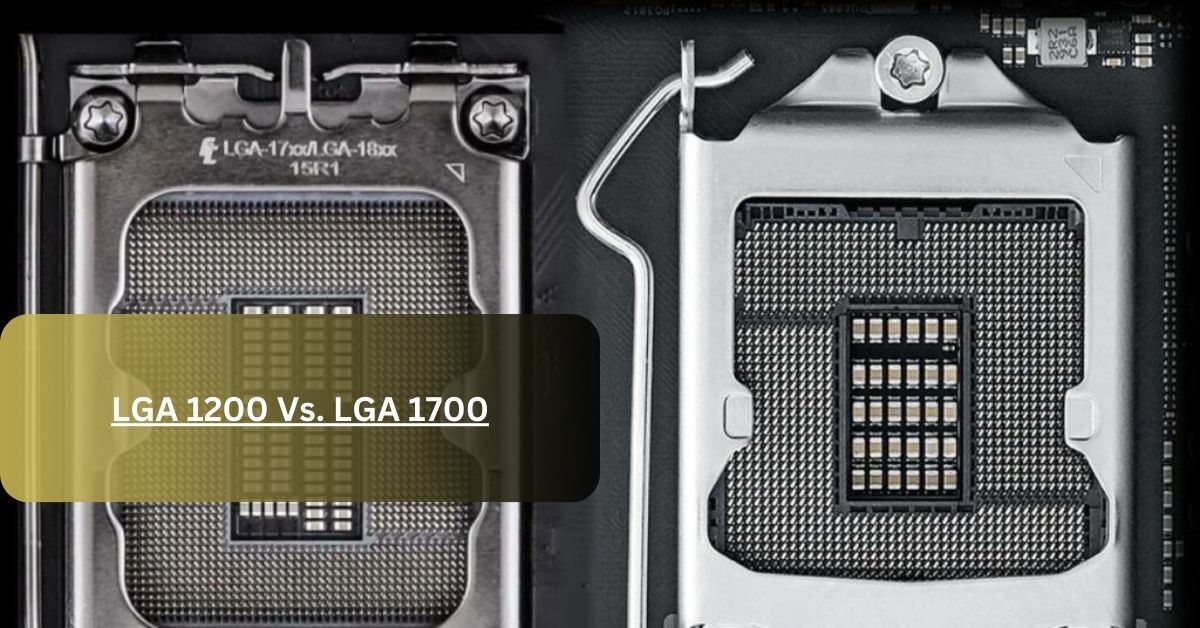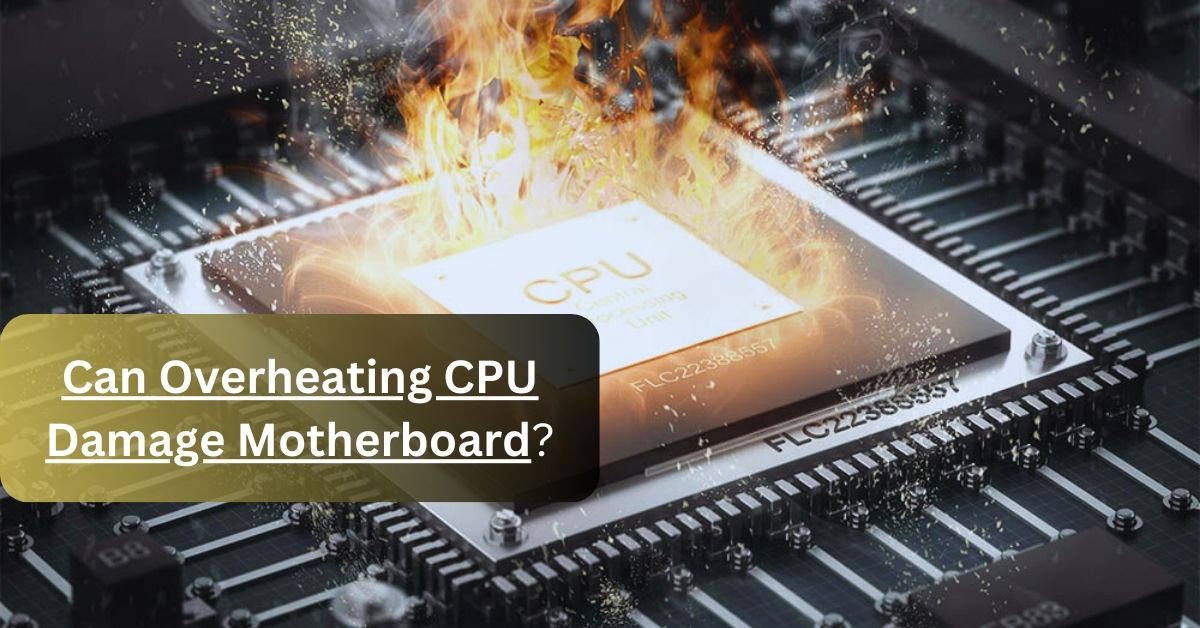The CPU cooler is an essential part of every computer system. Its basic function is to protect your CPU from overheating and maintain your hardware at an optimal temperature.
CPU cooler must be chosen according to the requirement of your CPU and also depends upon the working period and conditions of your system.
I explain my statement by giving you an example of a car engine. If you travel for half an hour, it makes less burden on your car’s engine and if you cover more distance it may be heated or needed to cool down.
Same to the car engine, the CPU also heated up when it runs for a long period. The CPU cooler is the equipment used to cool down and absorb the heat generated by the CPU.
Here, the question arises will the CPU cooler fit in all cases or be designed specifically for a single CPU?
The simple answer to this question is no. If you want to fit a CPU cooler in a case you have to keep in mind the several terms and conditions.
The main factor you should consider is the cooler height. You should see that the cooler height can fit in the CPU without destroying or disturbing other parts of the CPU.
Other major factors you need to check out are the Fan and Radiator mounted points, Socket compatibility of the CPU, and match the dimensions of the CPU with the cooler.
To get better ideas you must go through the user manual or manufacturer’s specs it gives you the best opinion and helps you in the possible innovations.
What size CPU cooler do I need?
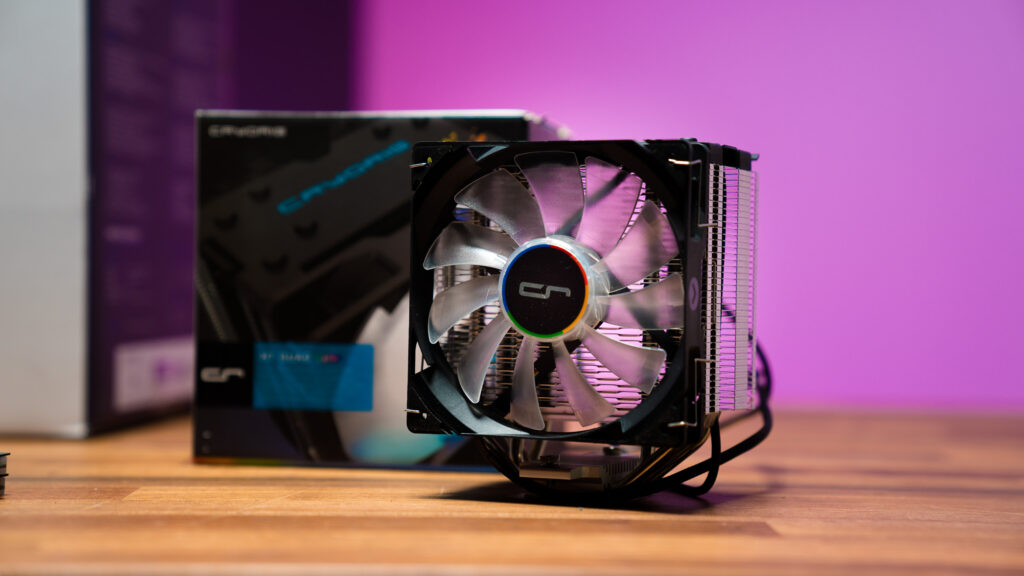
As I already give you an example and clarify that you need to fit the cooler to your usage and the requirements of your system.
The size of the CPU cooler is not exactly determined by seeing the computer or just by the name and model you used. It depends upon various factors.
Here I’m going to discuss some major factors which help you in choosing the CPU cooler:
Cooling Performance Requirements:
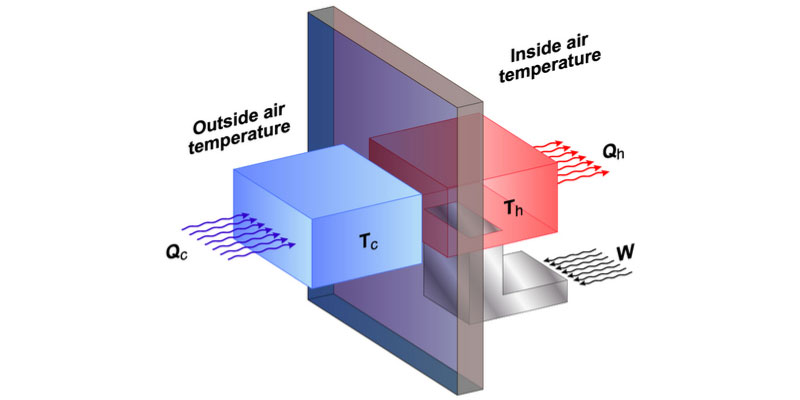
At this point, you have noticed the clock time, CPU load, and ambient temperature. If you are making more loads and overclocking the CPU, then you need to place the higher cooler to get the best performance.
Thermal Design Power (TDP):
It is the measurement of the heat generated by the CPU. If your TDP rate is more in typical operations, it means that you need a more powerful cooler to control the maximum amount of heat.
Case Clearance:
You must measure the cooler height and space in your CPU case to avoid any type of mishappening.
Like if your cooler is larger than the case it may disturb the working or may damage the other parts of the CPU.
Before purchasing any cooler, I suggest you to noticed these factors to save yourself from wastage of money and make your gadget the best.
Do you need a CPU cooler for your PC?
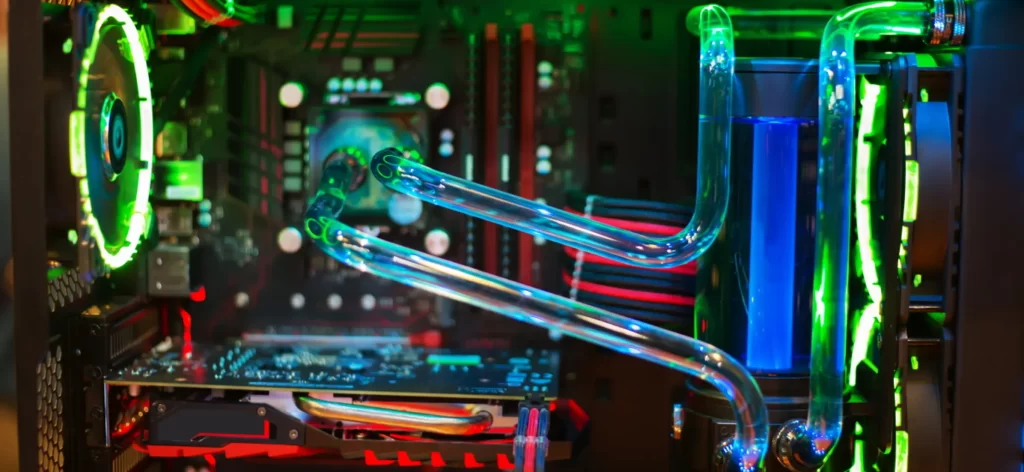
Every PC and laptop needs a CPU cooler because they produce heat while running.
CPU ( central processing unit) produces heat when it performs any activity and a CPU cooler is used to absorb and dissipate heat from the CPU.
CPU cooler helps to maintain the temperature of the CPU and control it from overheating.
If you don’t use a CPU cooler, it may become a reason for much damage to the CPU.
Due to greater heat, there is a big chance of the processor being damaged permanently.
I recommend you always use a CPU cooler to prevent any big loss of your gadget.
Types Of CPU Coolers:
Two types of CPU coolers are commonly used. One is the Air Cooler and the other is Liquid Cooler.
Air Cooler:
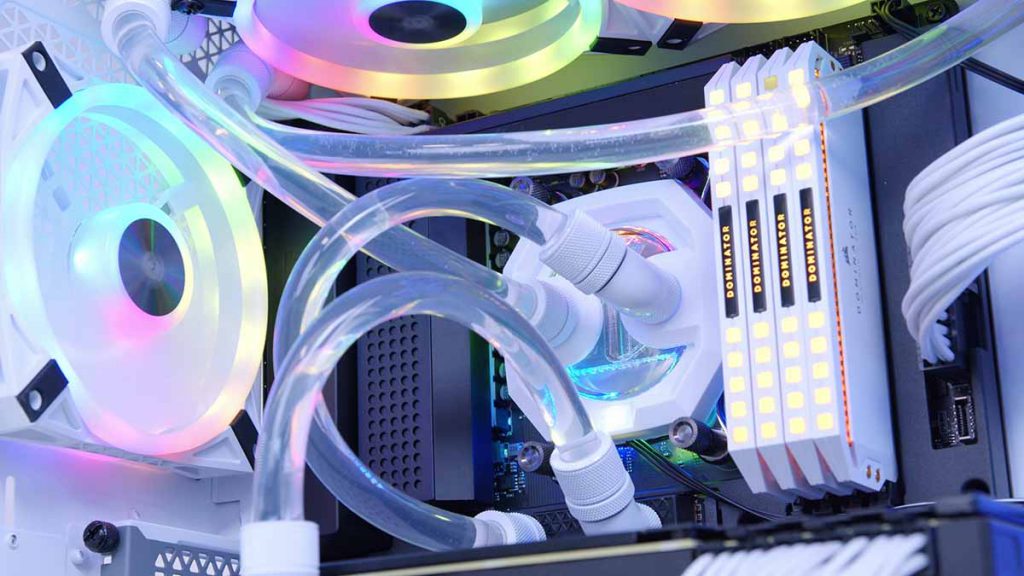
Air coolers look like normal fan it uses the heat sink and fan to absorb heat and dissipate heat from the CPU. It is the most commonly used CPU cooler.
Liquid Cooler:
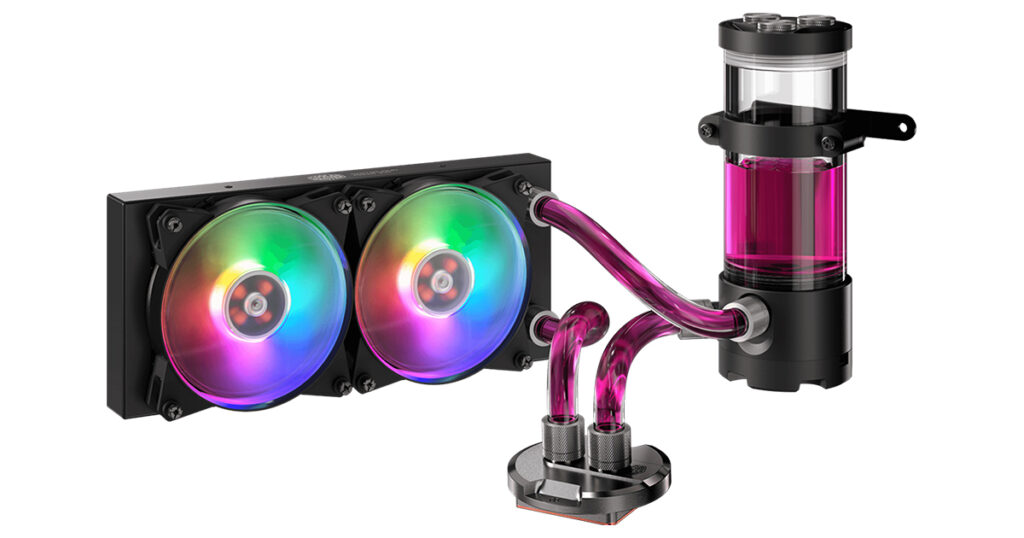
As it is cleared by the name, liquid coolers use liquid tanks and radiators to dispute the heat. Its working is the same as the cooling system used in cars for cooling purposes.
This is the choice for you between choosing the CPU coolers. But it also depends upon the model’s specs, your requirements, and the size of the CPU.
Conclusion:
By concluding all the facts and figures I clarify that every Pc needs a CPU cooler to maintain itself at normal temperature. And for choosing the CPU cooler you have to keep several factors in your mind.
I tried my best to give you the best and most accurate knowledge for choosing the coolers but I still recommend you read the manufacturer’s specs which helps you more.
I give you the idea to clear more confusion, you can visit the official website regarding your CPU.
If you want more about CPU you can feel free to contact us. We provide you with the best and most accurate knowledge.
FAQ’S:
1. Which Type of CPU Cooler Is Best for You?
The best CPU cooler type depends on your needs and preferences. Air coolers are affordable and reliable. Liquid coolers offer superior performance for overclocking.
2. How to Check CPU Cooler Compatibility?
Check CPU cooler dimensions, socket type, and motherboard layout. Ensure it fits in the case without obstructing components. Verify compatibility with CPU socket and consider RAM and PCIe clearance.


